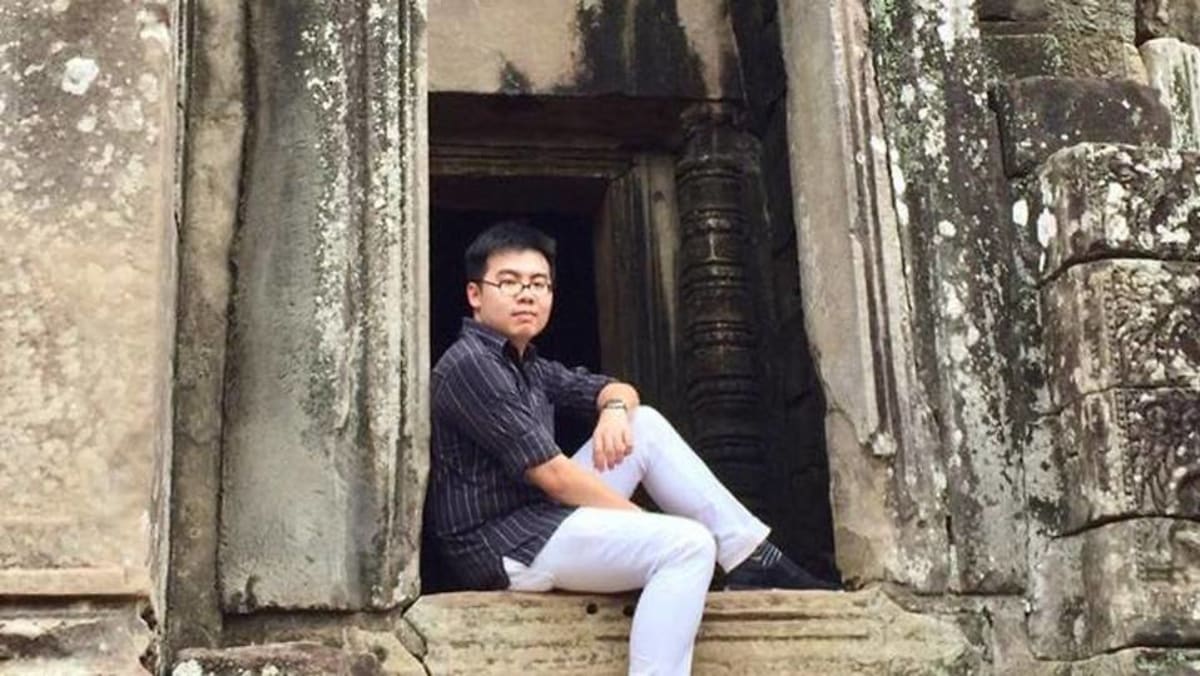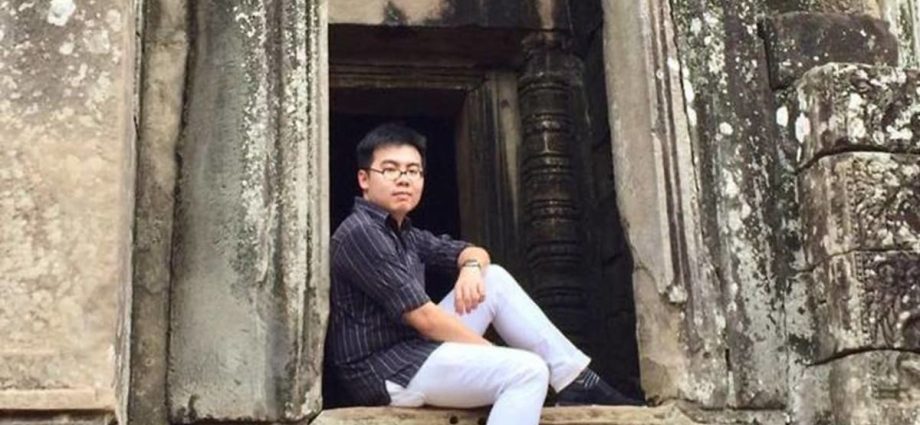
JUDGE’S FINDINGS
In his findings, Justice See stressed that the court was not being asked to determine the merits of the sexual misconduct allegations, which formed part of the “factual backdrop” leading to Mr Lucas Li’s decision to take his own life.
His ruling largely focused on whether the Debate Association’s disciplinary actions were within the scope of its constitution, and whether it had acted fairly.
“I accept the defendant’s explanation that these steps were justifiably taken as swift and decisive measures to ensure the safety of the students under its charge, especially those who were minors,” said the judge.
But he found that the association’s constitution did not set out, either in express or implied terms, any power of the executive committee or a general meeting of members to take disciplinary action with penal consequences against members.
“Therefore, I am of the view that the defendant acted (beyond the powers of) the constitution in imposing the ban and communicating the notice to partners,” said the judge.
Justice See also said that Mr Lucas Li was not given the opportunity to address the allegations against him or to defend himself against the disciplinary actions. He was also not informed of the investigations taken prior to these actions.
The judge accepted that the association “acted swiftly and decisively … to preserve the safety of the students under its charge, especially the minors”, and that it was reasonable to prioritise urgent action.
But he found that the fair hearing rule was breached as there was no express indication to Mr Lucas Li that he was allowed to make representations or appeal the decision, and there was no indication that he himself had contemplated such a possibility at the time.
Justice See added that “the plain and obvious inference is that the defendant had prejudged” Mr Lucas Li. This could be seen from the fact that the association did not ask to receive or consider any evidence from him before deciding to ban him and notify partner organisations.
“I am of the view that this prejudgment by the defendant amounted to apparent bias,” said the judge.
Justice See did not order the association to make an apology to the plaintiff, reasoning that this was not appropriate as the association had “demonstrated a lack of acknowledgement of any wrongdoing on its part”.
“That being said, given my finding that the defendant had breached the rules of natural justice, I venture to suggest that it would not be out of order for the defendant to consider extending an apology to the plaintiff and his family in the spirit of reconciliation.”
REACTION TO VERDICT
Reacting to the verdict, Mr Joel Law, current president of the Debate Association, said he was relieved that the court dismissed most of the plaintiff’s claims and did not award damages to the plaintiff.
“In particular, we are heartened by the court’s findings that the association had acted responsibly, decisively and swiftly in taking preventive and remedial measures in prioritising the safety and protection of its members, especially those who were minors, rather than with any malice against the deceased,” said Mr Law.
“In fact, this has always been the association’s motivations, given that we and our partners regularly work with children. Furthermore, we are glad that the court agreed with us that the association did have factual grounds to be concerned about the deceased’s impropriety towards minors under our charge.”
He added that the association was unlikely to appeal the decision. The Debate Association is represented by Mr Darren Tan and Mr Silas Siew of Invictus Law Corporation.
Mr Tan said the court’s finding was “a clear vindication that the association had harboured no malice towards the deceased”.
Mr Lucas Li’s father, represented by lawyer Mr Paul Ong, told CNA: “I am heartened that the verdict affirms my view that my son was unfairly treated by the association and that the laws of natural justice were breached.
“As suggested by the judge, I hope the association will extend an apology to my family and I for how Lucas was treated. We will study the verdict further and consider next steps.”

